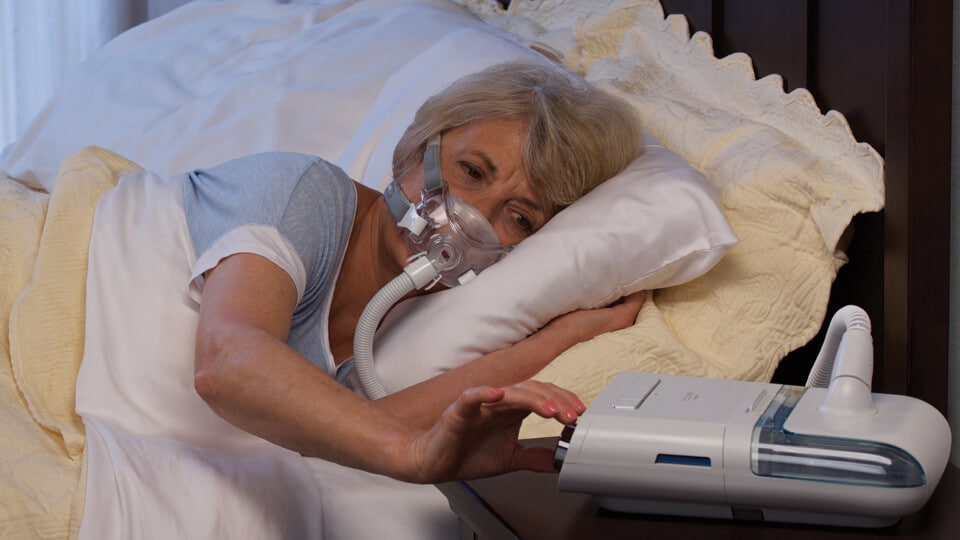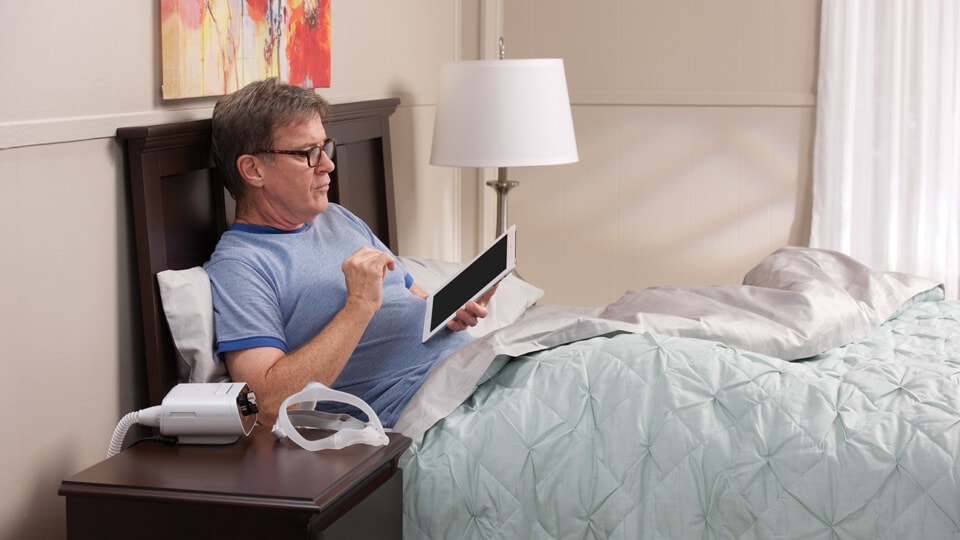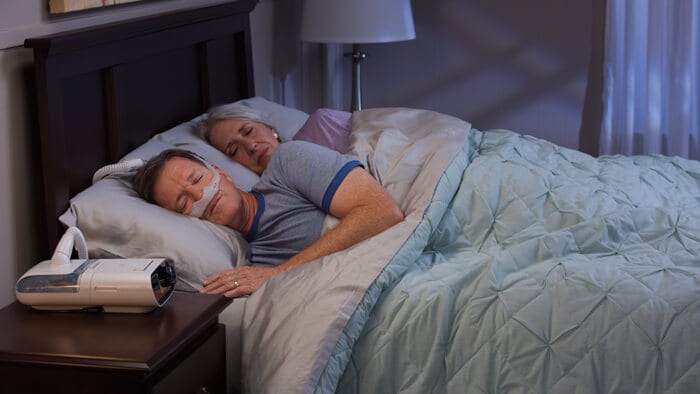Sleep apnea affects millions of people around the world, with many of those individuals living with complex sleep apnea (CompSAS) – a combination of obstructive and central sleep apneas. But despite the huge number of people affected by this condition, they haven’t always been prescribed the most effective therapy. A recent study in the American Journal of Respiratory and Critical Care Medicine – ‘Comparison of physiological performance of four adaptive servo ventilation devices in patients with complex sleep apnea’ – could point to a brighter future. It shows that Adaptive Servo-Ventilation (ASV), a non-invasive method of treatment that continuously monitors the breathing status of sleep apnea patients, is a treatment option for patients with CompSAS. ASV is a form of positive airway pressure (PAP) delivered when the patient experiences a lapse in breathing due to complex sleep apnea. When used with patients who have CompSAS, ASV may bring benefits.
World Sleep 2019
Congress on Sleep Medicine
September 20-25 Satellite Symposia September 24: 12:30-2:00 p.m. Update on Servo Ventilation
Vancouver, BC, Canada

Progress towards better treatment
ASV treatment continues to progress towards widespread use, which has been previously delayed, as prescribing the ASV treatment technique to certain patients was challenged in a previous trial. There were challenges from the study that caused some physicians to stop prescribing ASV therapy.
A deeper understanding
The pursuit of scientific knowledge of various disease and treatment processes is an iterative process and it’s important to revisit successes and failures to gain a clearer picture and ultimately deliver improved care. A recent study into CompSAS and ASV, which was sponsored by Philips, compared four different devices with different algorithms. These devices included the Philips DreamStation BiPAP autoSV as well as another ASV device also used in the 2015 trial. This new randomized controlled study suggests that the mechanisms underlying the adverse effects of ASV may be secondary to excessive ventilation due to device-based effect rather than class-effect. Through devices with smarter algorithms, providers can now potentially ensure that patients are getting treatment more precisely tailored to their needs in patients with CompSAS or central sleep apnea.


Next steps
This new finding – that different algorithms for ASV therapy with autoEPAP could be used to more widely support people living with CompSAS – is just the beginning. Future research is needed to determine if ASV algorithms can improve clinical outcomes in patients with central sleep apnea. It is imperative to continue to revisit previous studies where technological advancements show promise for a certain type of therapy that would otherwise have been lost.
